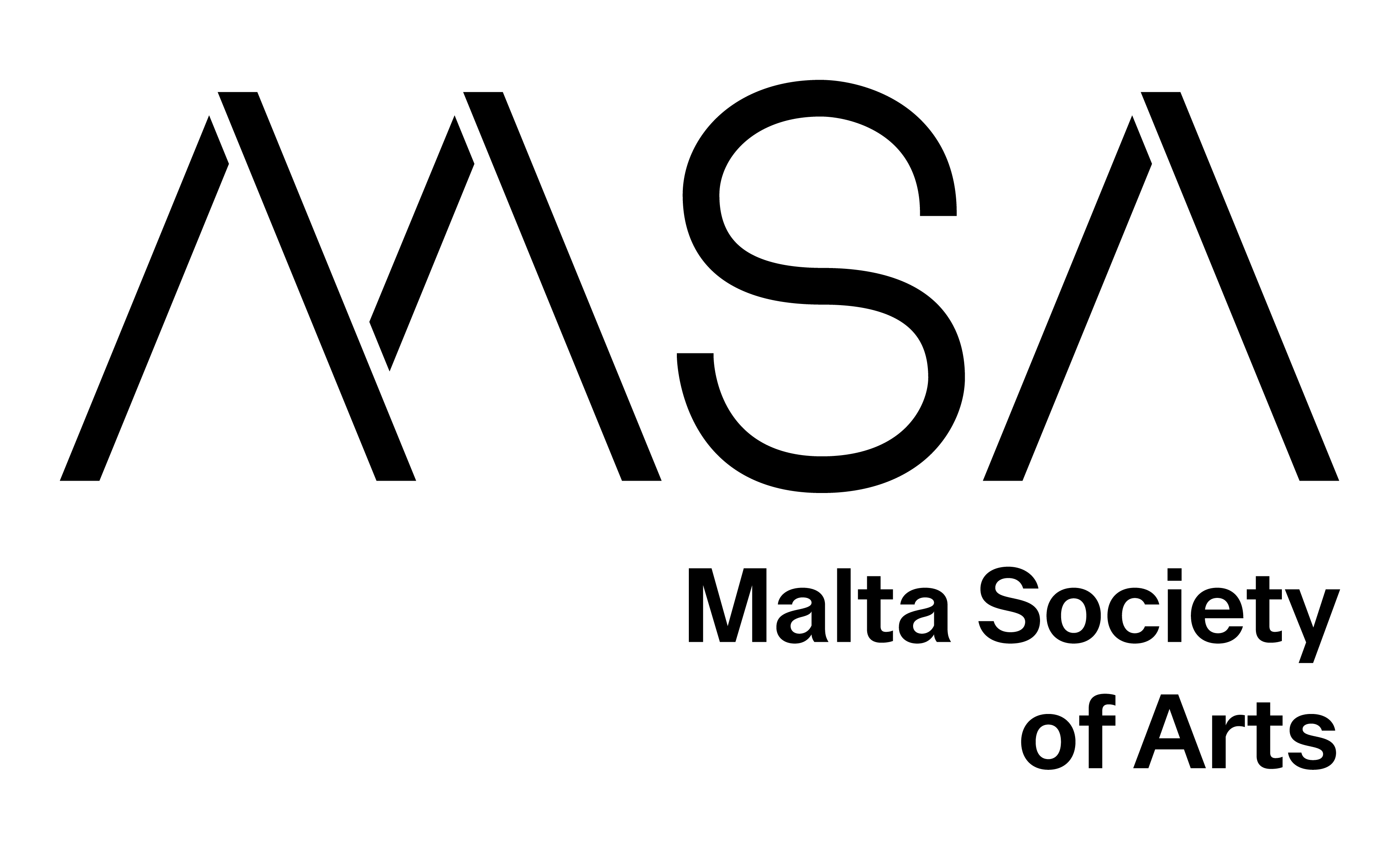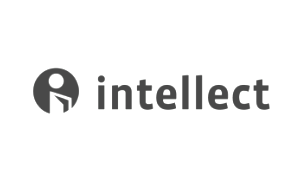This paper aims to explore technoscientific imaginaries of political ecology in artistic research. To reveal and challenge disparities and injustices in the distribution of commons and commonings, the knowledge co-production of this paper will also be an act of political ecology, transcending beyond the boundaries constructed between local/global, natural/cultural and fiction/reality. Through the lens of feminist studies of Science, Technology and Society (STS) on technoscientific imaginaries, co-productions, situated knowledge and response-abilities, we will make a qualitative analysis of videos, NFTs, and performances from Turkey.
“Beeing Hope” (2022) is an NFT collection of a dedicated multidisciplinary community, which highlights the collapse of biodiversity and the loss of bee population in the Mediterranean Turkey after the recent forest fires in Muğla region. Cemile Şahin’s “Four Ballads For My Father - Spring” (2022) depicts the story of a fictional Kurdish family, who were displaced between Istanbul, Paris and on the roads after their homeland was flooded by a water dam project, Southeastern Anatolia Project (GAP), which is a regional development plan of the state that caused severe political economic and socio-ecological changes through the regulation of water streams. Sinan Logie and Yoann Morvan’s “Istanbul 2023” (2021) is about the ecological and socioeconomic transformation of Istanbul through the state funded mega constructions of the new airport, the third bridge over Bosphorus and Kanal Istanbul, which is an artificial water channel project between the Black Sea and the Marmara Sea. Lastly, “Distributed Consciousness” (2021) of Memo Akten, suggests a speculative reimagining of an alternative anthropological timeline, with differently evolved mythologies and deities, by promoting alternative cultural values to the exploitative, extractivist, purely profit-driven neoliberal world(s). These works also become instruments for demonstrating how local issues should also be understood as / within global political ecologies.
The findings of the paper will contribute to the debates about various artistic research methods to disclose the mechanisms of co-production of taboo and transgression around technoscientific knowledge claims as well as sociopolitical and economic obstacles to transcend them. Presenting alternative future visions that may be more inclusive and empowering, these artworks generate unexplored possibilities and open up paratactical commonings of futures and more-than-human-worlds.
Ebru Yetiskin works as an associate professor in the Department of Sociology in Istanbul Technical University (ITU). Her works are focused on co-producing transdisciplinary and experimental research in science, technology, politics, and arts. After studying Radio-TV-Cinema at Istanbul University (IU), she completed her MA in Science, Technology, Society (STS) at Louis Pasteur University and ITU. She received her PhD in Sociology in Mimar Sinan Fine Arts University after working as a visiting researcher in Ecoles des Mines de Paris, Centre de Sociologie de l'Innovation. Her curatorial research includes exhibitions such as Cacophony (2013), Code Unknown (2014), Waves (2015), Witness of Flow (2021) and public seminar series, such as Contagious Bodies (2015-2016), Contemporary Art: Yet Another (2017-2018), STS Talks (2018-2020) and Within Curiosity (2023). Among her international (co)curatorial works, there are Dystopia Sound Art Festival / Berlin (2018), a'21 amber Network Festival on PostDigital Ignorance (2021), and Entr'acte (2022) in Belgrade. She is a founding member of IstanbuLab: STS Platform and FEMeeting - Women in Art, Science and Technology, and vice president of International Association of Art Critics (AICA) Turkey (2020-2022).
Back







